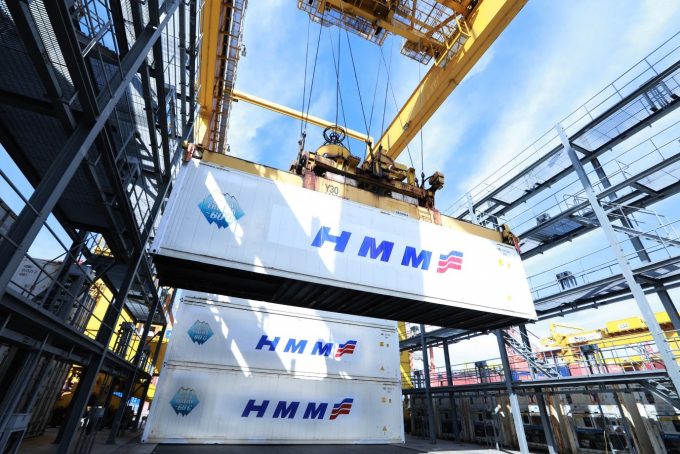Liner investors steam in as Vadhvan mega-port project takes shape
India’s Jawaharlal Nehru Port Authority (JNPA) continues to draw in potential investment commitments from the ...

Korea Development Bank and Korea Ocean Business Corporation are expected to increase their stake in HMM to 59%, as HMM will repay 6% of convertible bonds issued to the two state-backed institutions.
The repayment amounts to nearly $74m, after the windfall from the Red Sea crisis leaves South Korea’s flagship carrier with cash holdings of nearly $800m as of 31 March.
An HMM spokesperson told The Loadstar: “HMM has enough cash, so it is correct that we decided to repay in advance. ...
Transpacific sees first major MSC blanks as rates fall and volumes falter
Volcanic disruption at Anchorage could hit transpacific airfreight operations
Shippers snap up airfreight capacity to US ahead of tariff deadline
White House confirms automotive tariffs – 'a disaster for the industry'
New price hikes may slow ocean spot rate slide – but for how long?
Supply chain delays expected after earthquake hits Myanmar
Tighter EU import requirements proving 'a challenge' for forwarders
Looming Trump tariffs will create 'a bureaucratic monster' for Customs

Comment on this article